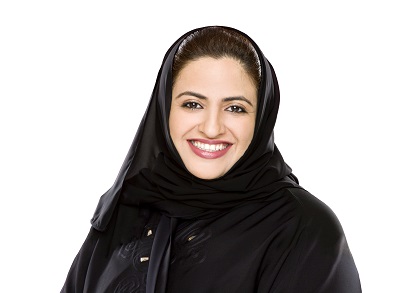 Dubai, April 29 2021
Dubai, April 29 2021 – Students in Dubai are getting more sleep, having breakfast more regularly, and enjoying closer relationships with their teachers, the results of the fourth Dubai Student Wellbeing Census have revealed.
Nearly 60 per cent of students in Grades six to nine and 41.5 per cent of students in Grades 10 to 12 said they got a good night’s sleep at least 5 times a week, compared with 54.2 per cent and 37.1 per cent respectively the previous year. Three out of four students also reported waking up later in the day.
Similarly, nearly 78 per cent of students in Grades six to nine and 69 per cent of students in Grades 10 to 12 said they ate breakfast five times a week, up from 69.7 per cent and 61.5 per cent respectively from the year before.
Good quality sleep and breakfast are closely correlated with high wellbeing.
Dr Abdulla Al Karam, director general of Knowledge and Human Development Authority (KHDA) said, “The past year has shown us the importance of wellbeing in education. After weeks and months of distance and blended learning, we’ve seen how resilient our children are. The results of this fourth Census show that our children are getting better sleep, and building better relationships with their friends and their teachers. They’re feeling more confident in their school work and they are optimistic about their future.
Adults at schools in Dubai have had a different experience. While they reported improved physical health, they also worked longer hours. As adults, we have more responsibilities and pressure in our lives, yet it’s important to remember if we want to thrive, we must look after our wellbeing.”
About 70% of students in grades six to nine reported having better relationships with their teachers, an increase of 11 percentage points compared to the year before. Similarly, about 65% of all students in Grades 10 to 12 reported having better relationships with adults at school.
Hind Al Mualla, Chief of Creativity, Happiness & Innovation at KHDA said, “We’re in the fourth year of a five-year journey looking at the wellbeing of our school community and this year has given us a lot of interesting data. We’re seeing students report better sleeping and eating habits, coupled with higher engagement with their teachers. There are a lot of insights and our schools will have to look at what’s working for them and continue to build on the positives.”
Each school in Dubai receives a detailed wellbeing report outlining important aspects of the quality of life of students, highlighting key indicators and areas of improvement. The census data provides schools with an in-depth understanding of how students feel about their school life, home life, themselves and their relationships with others. The data also provides insight into student attitudes towards their experiences both within and away from school.
Over 10,000 staff from Dubai schools participated in the third year of the Adults@School Wellbeing Survey, which measures the wellbeing of school leaders, teachers, teaching assistants and staff. Fifty-eight per cent of adults at school felt highly able to manage their wellbeing and were motivated to take steps to improve their wellbeing. School teachers also reported getting less sleep last year and felt they worked longer hours than the previous year.
The Dubai Student Wellbeing Census is run by Knowledge and Human Development Authority in Dubai in partnership with the Government of South Australia. The Adults@School Wellbeing Survey is conducted with The Wellbeing Lab.
For more information about the census, visit www.khda.gov.ae/en/dswc
What is the wellbeing census?
The Dubai Student Wellbeing Census measures how students in Dubai’s private schools feel and think about their own wellbeing. It helps schools to improve student wellbeing and supports Dubai’s vision to be among the five happiest cities in the world.
Dubai Student Wellbeing Census
Key participation data
• 102,854 students from 163 nationalities took part, including 64,430 students from Grades 6 to 9 & 32,981 students from Grades 10 to 12
• 189 private schools participated in the wellbeing census
• 83.1% student participation rate
• 62% of students completed the census online from home
Key demographic data
• 87.3% of students have lived in Dubai or the UAE for at least 5 years
• 56% of all students live in an apartment
• 140 different languages spoken at homes in Dubai
Adults@School Wellbeing Census
Key participation data
• 10,932 staff from 171 schools participated
• 3rd year of journey to measure staff wellbeing in Dubai schools